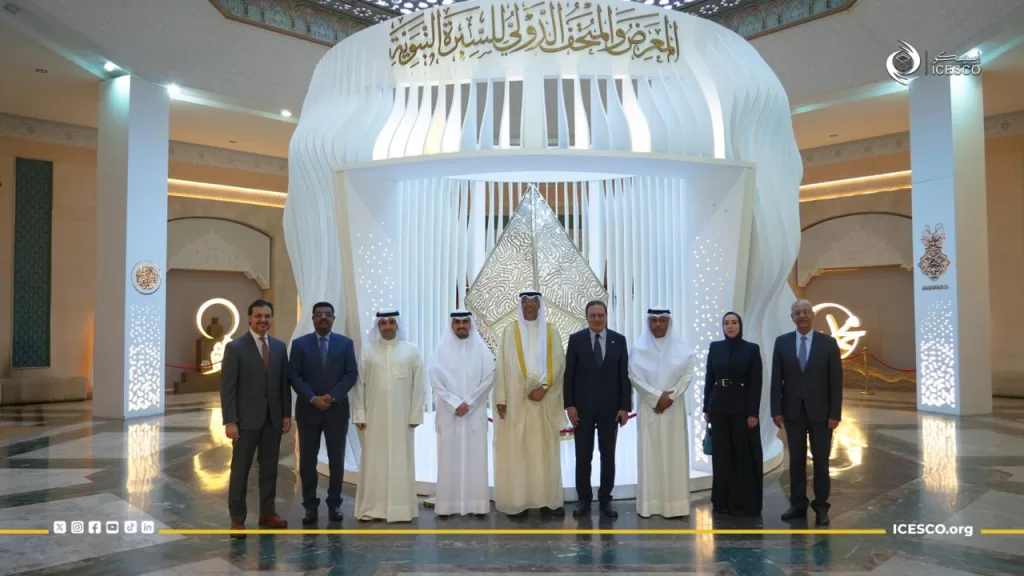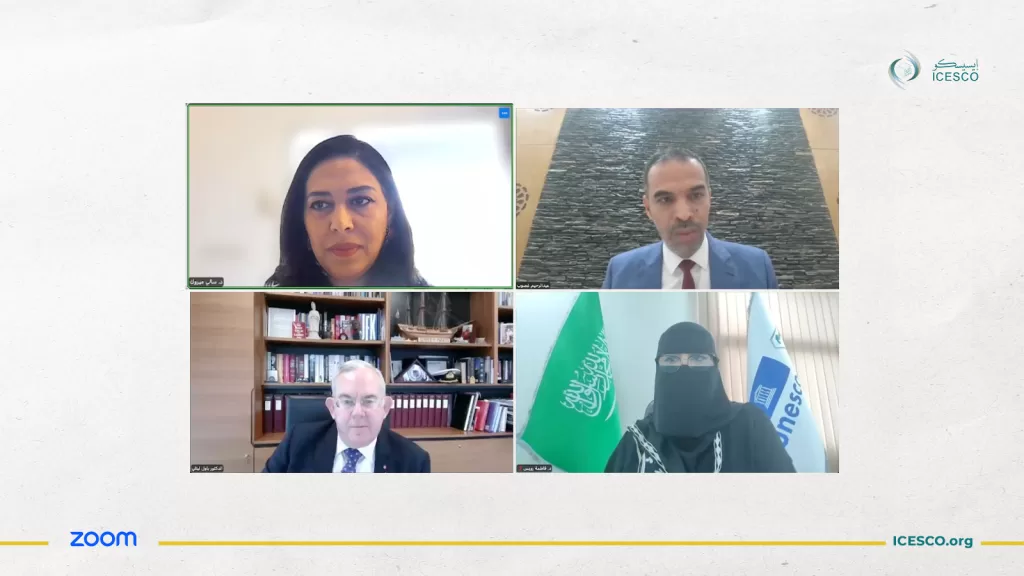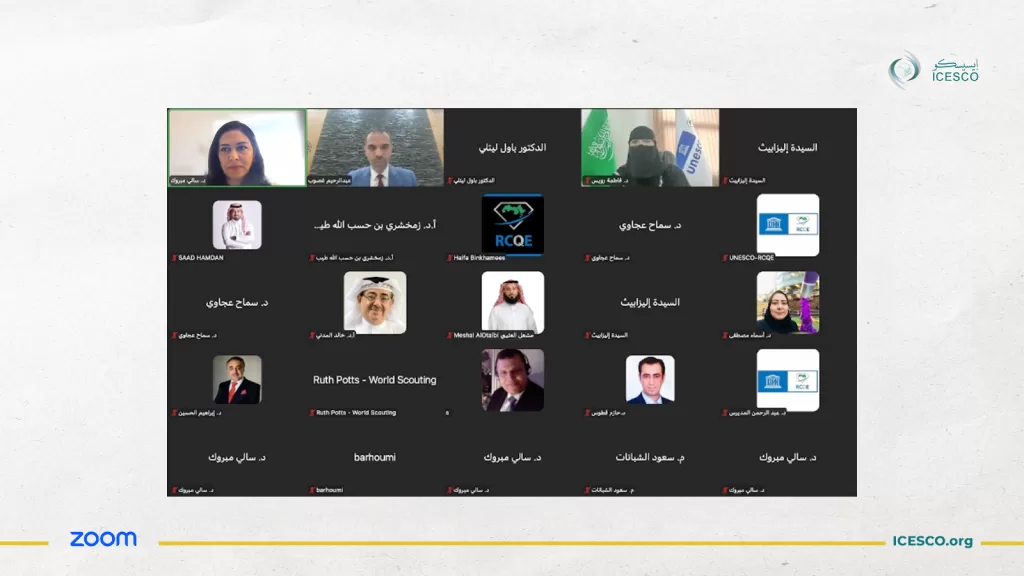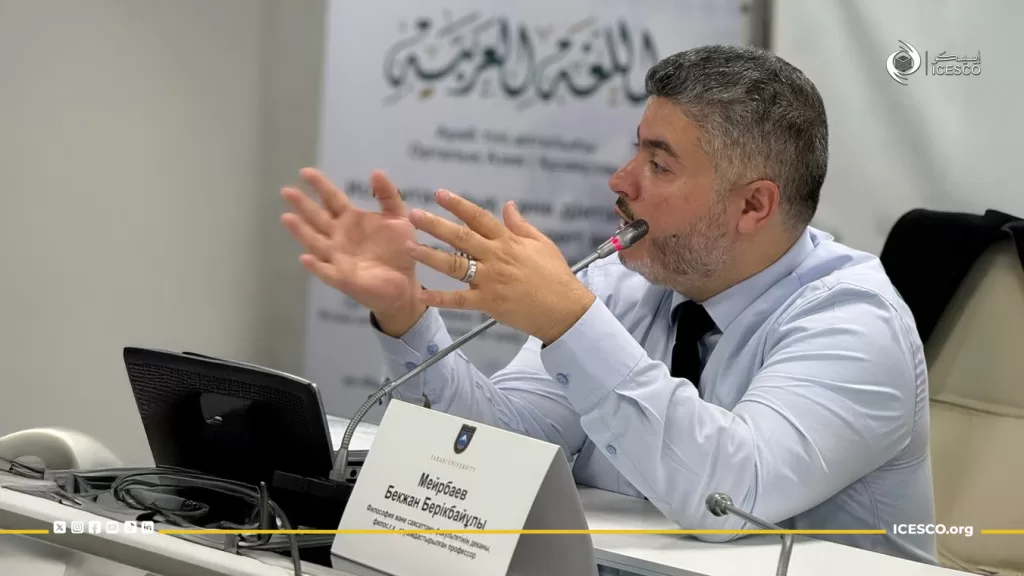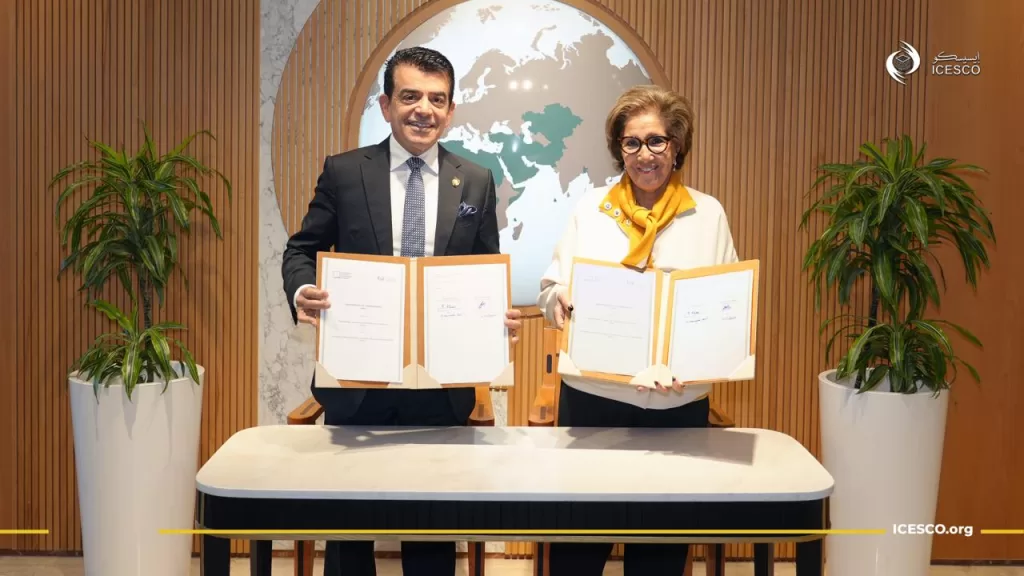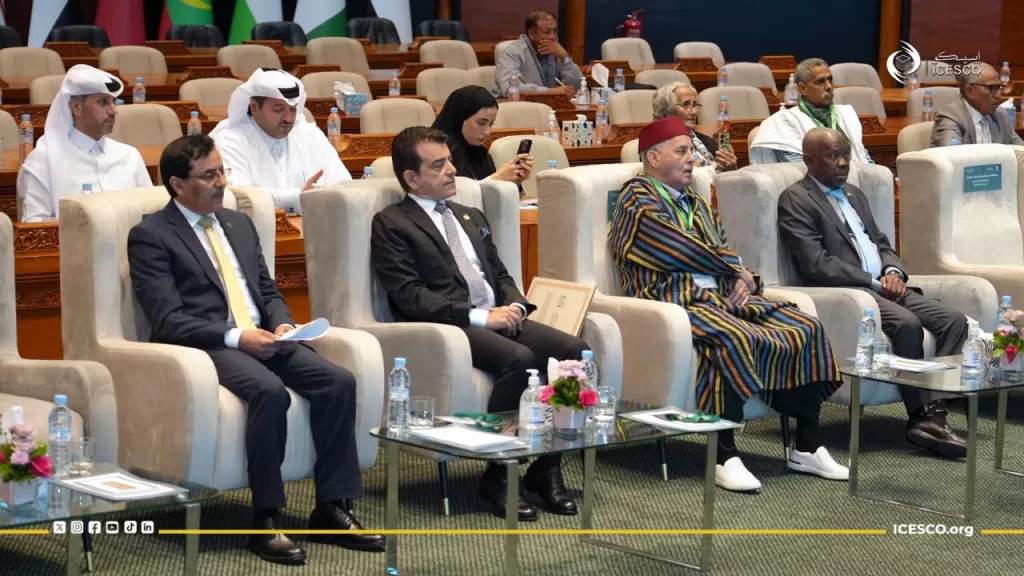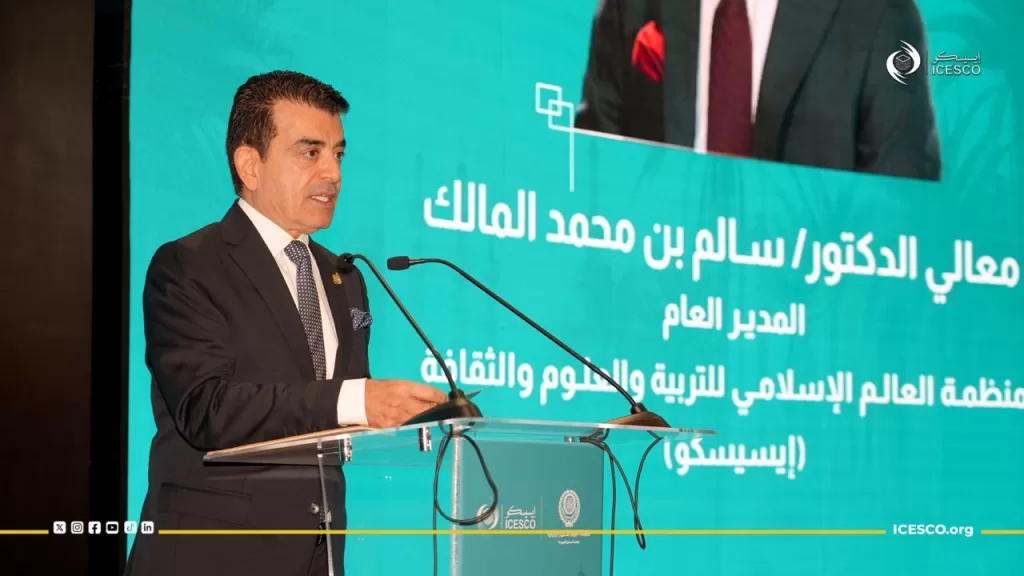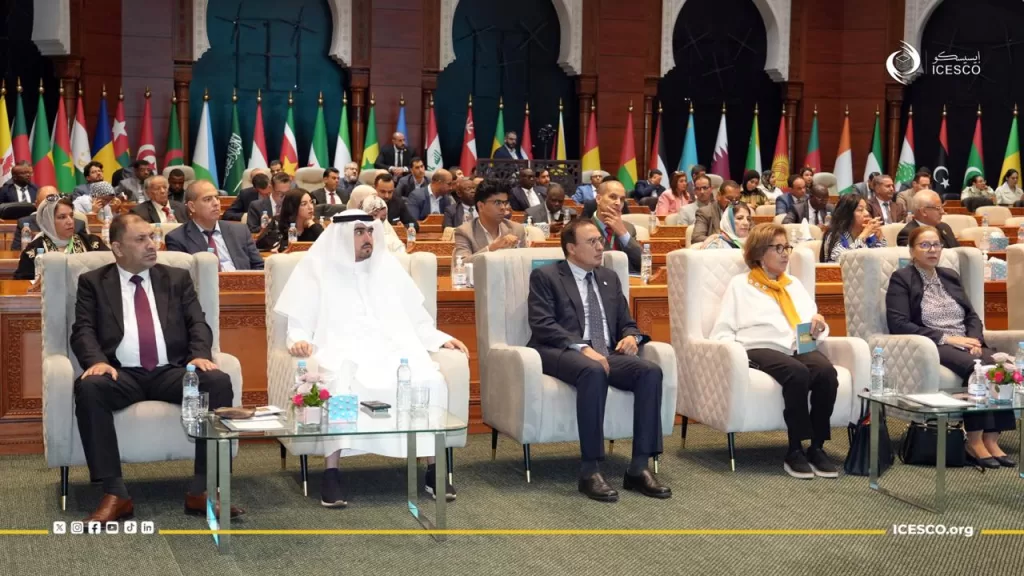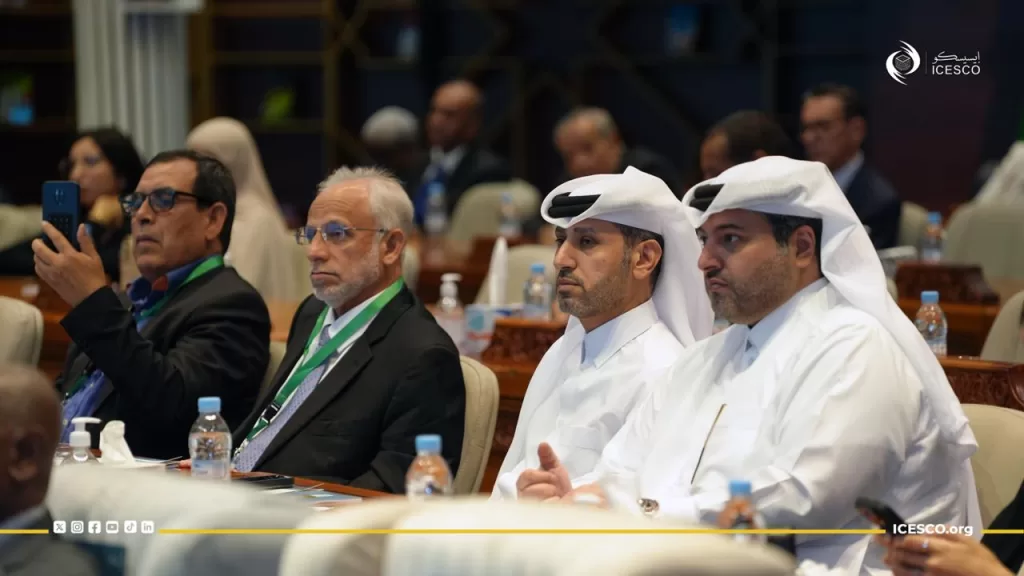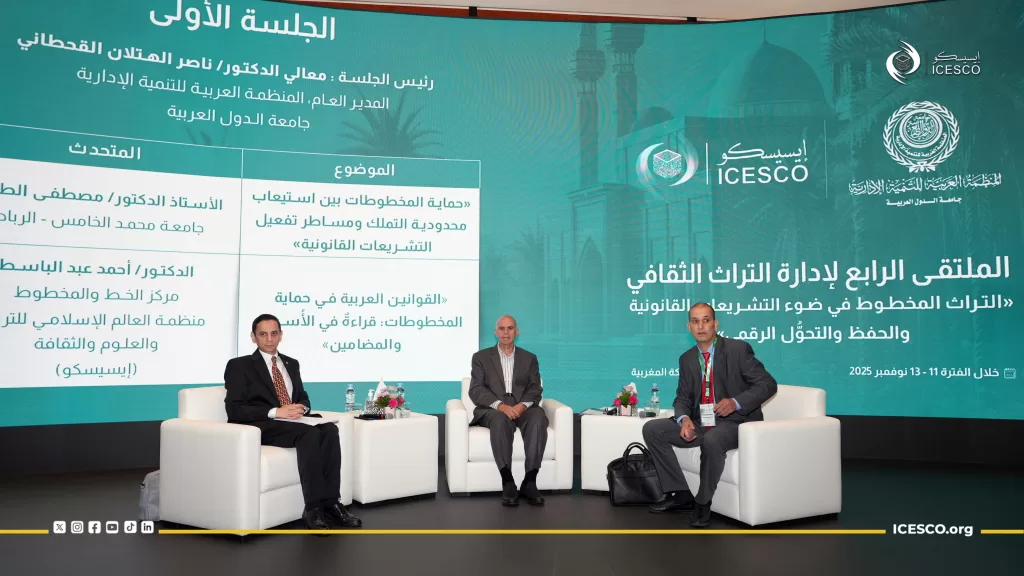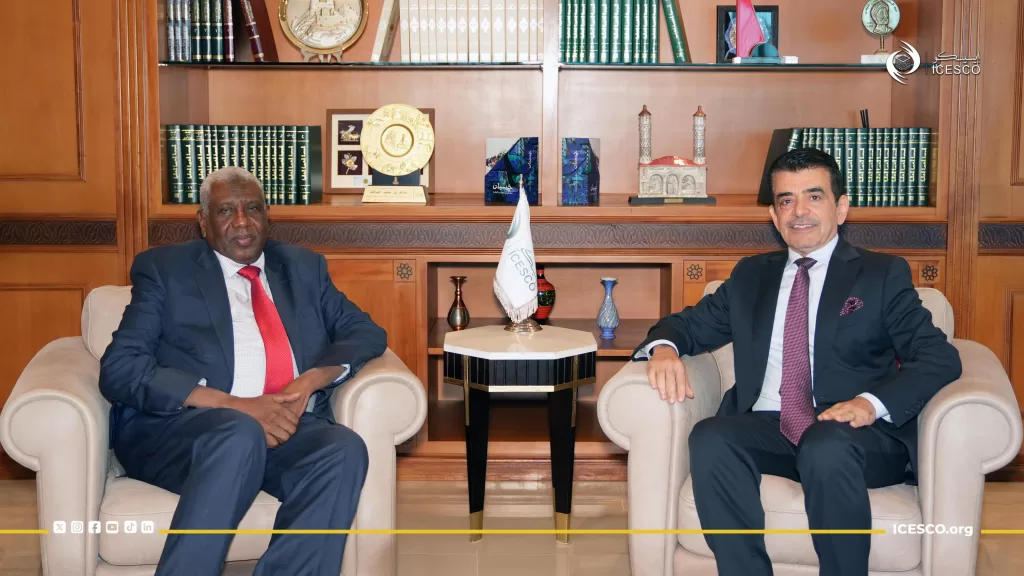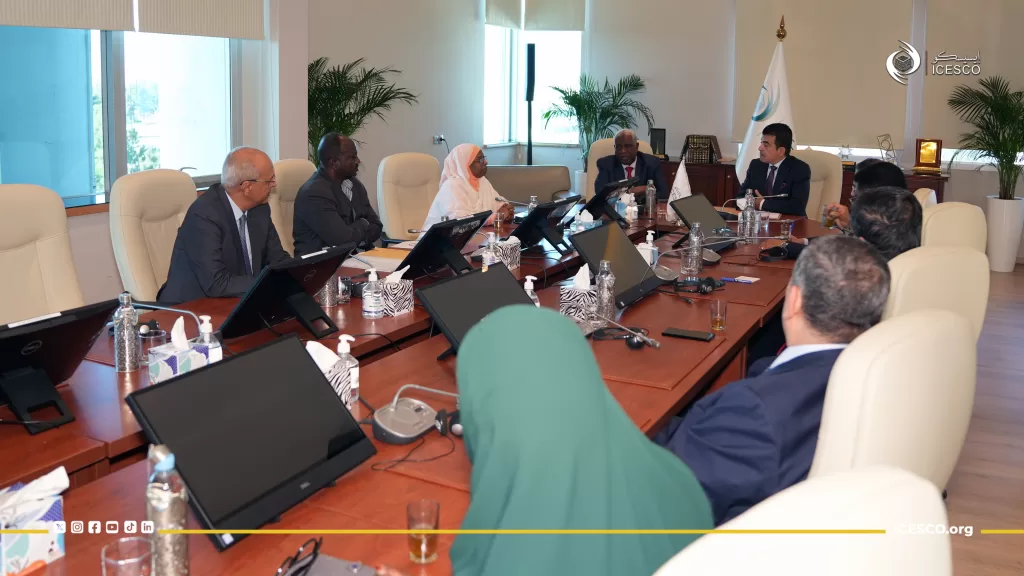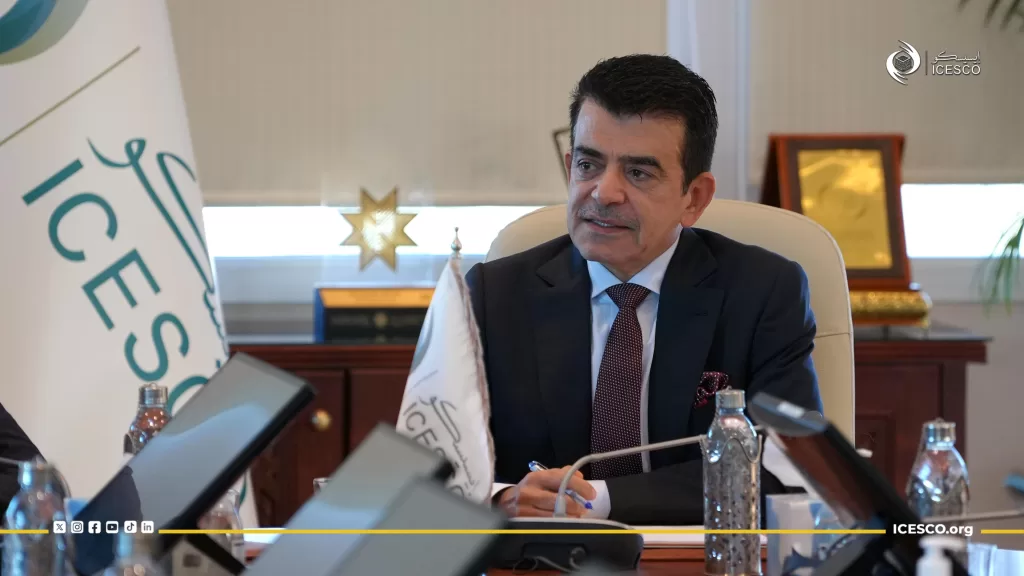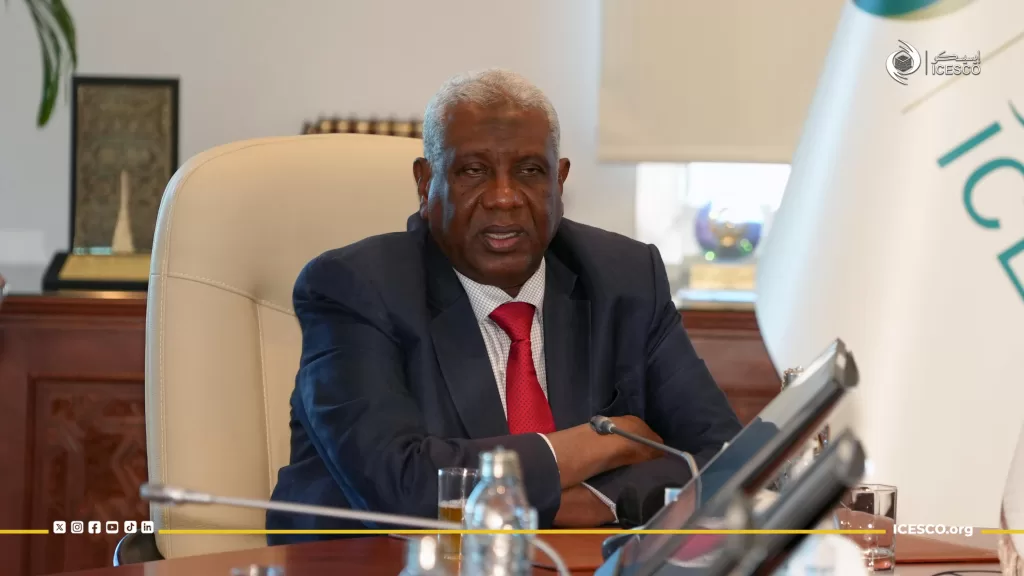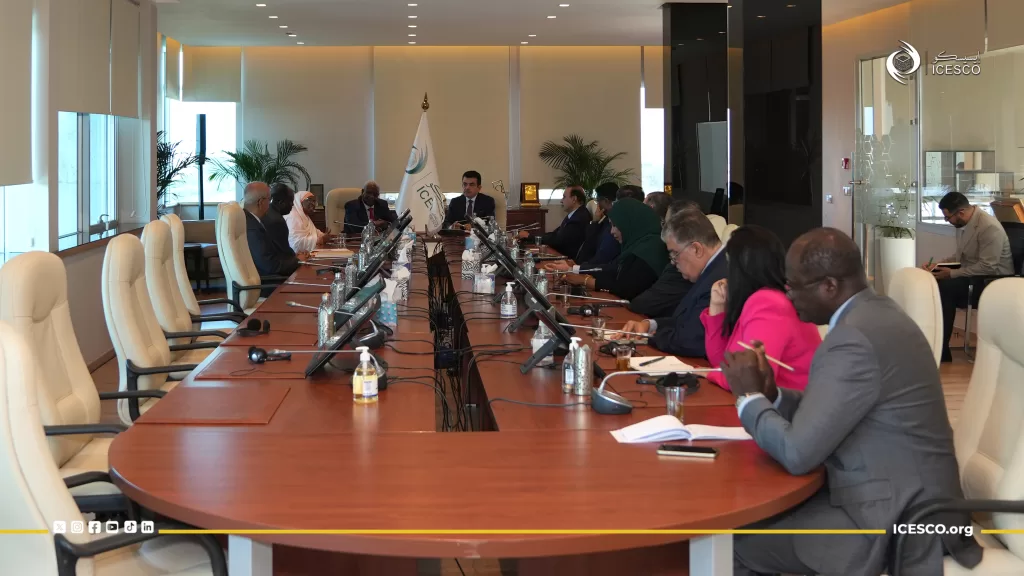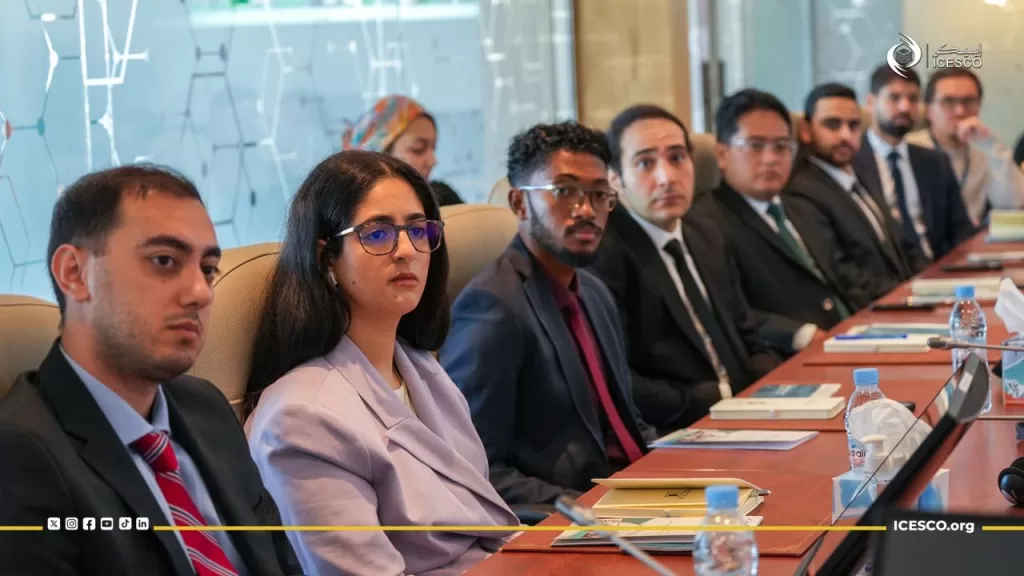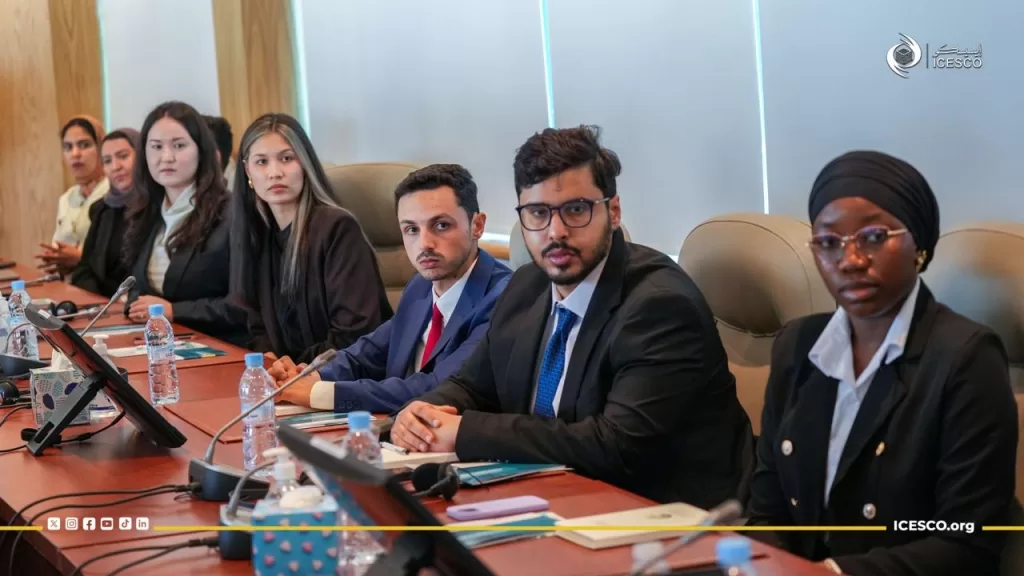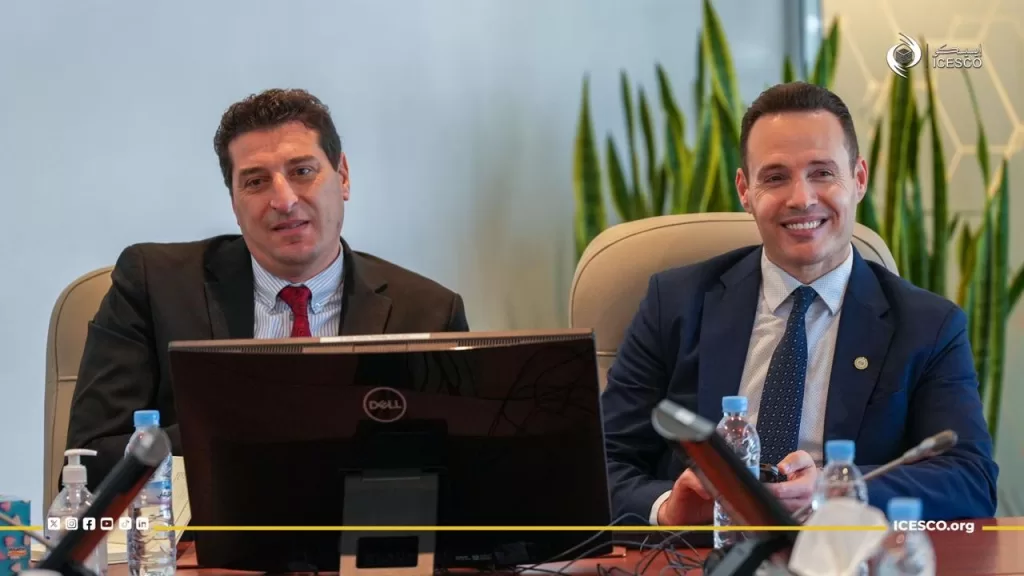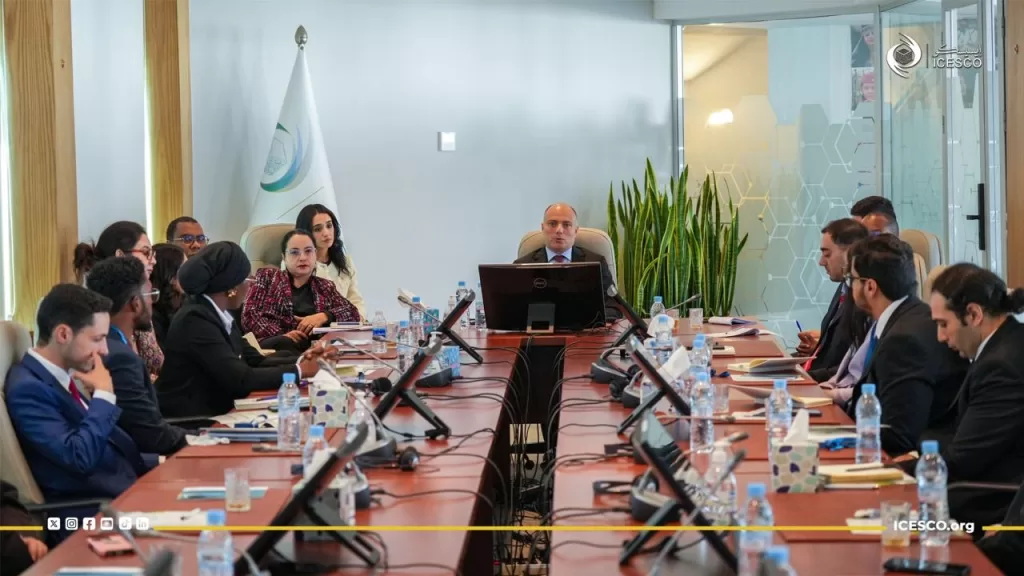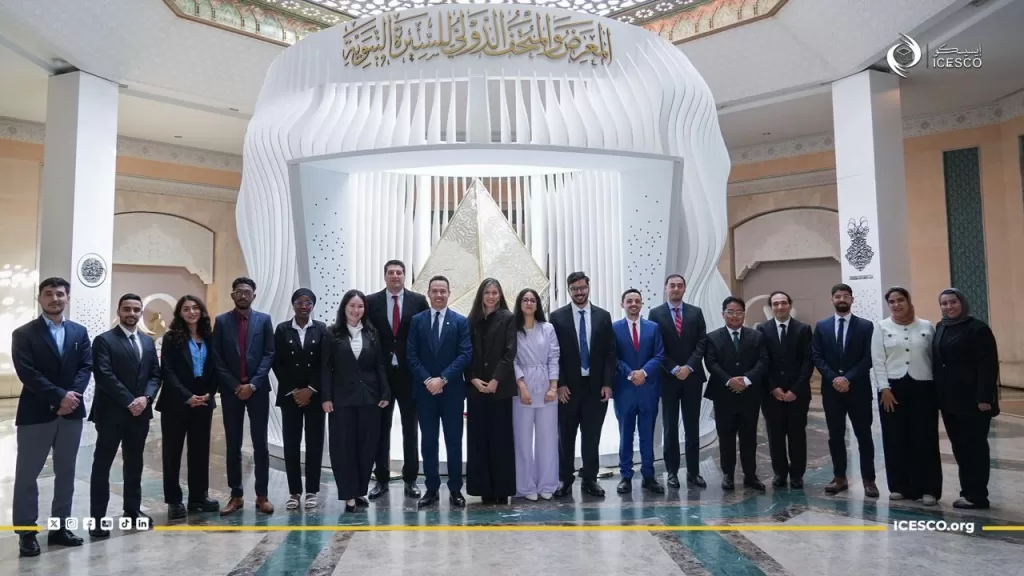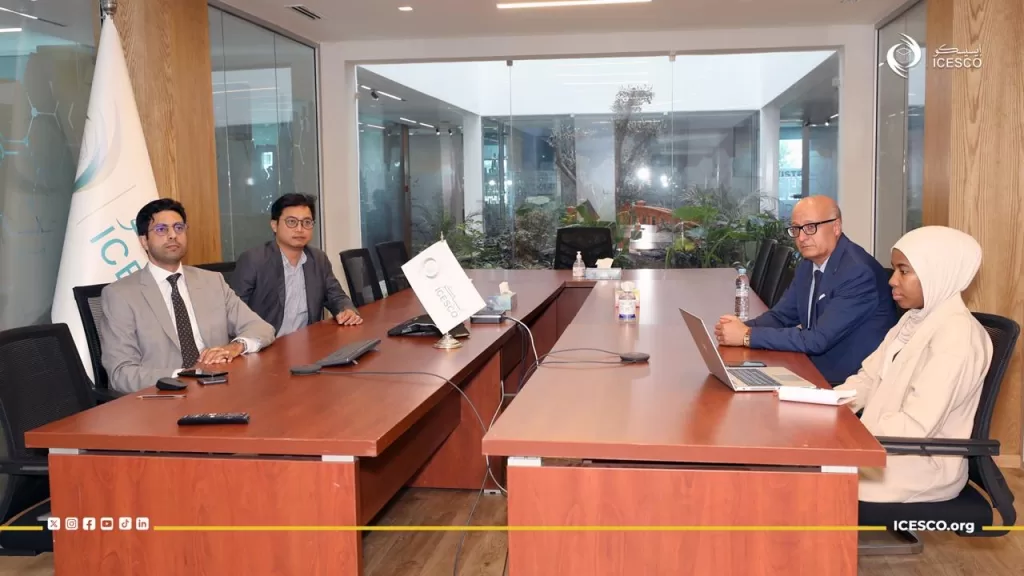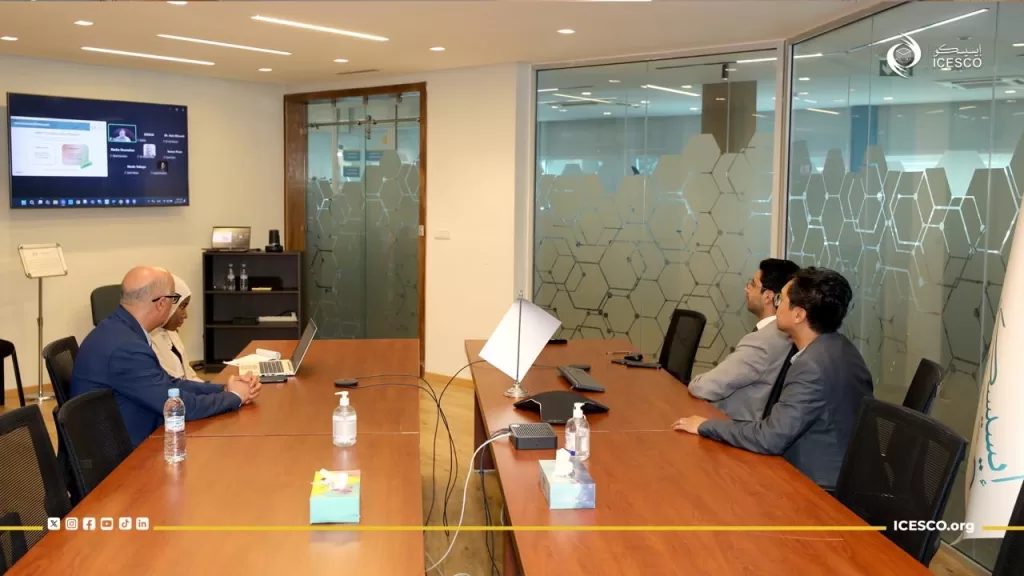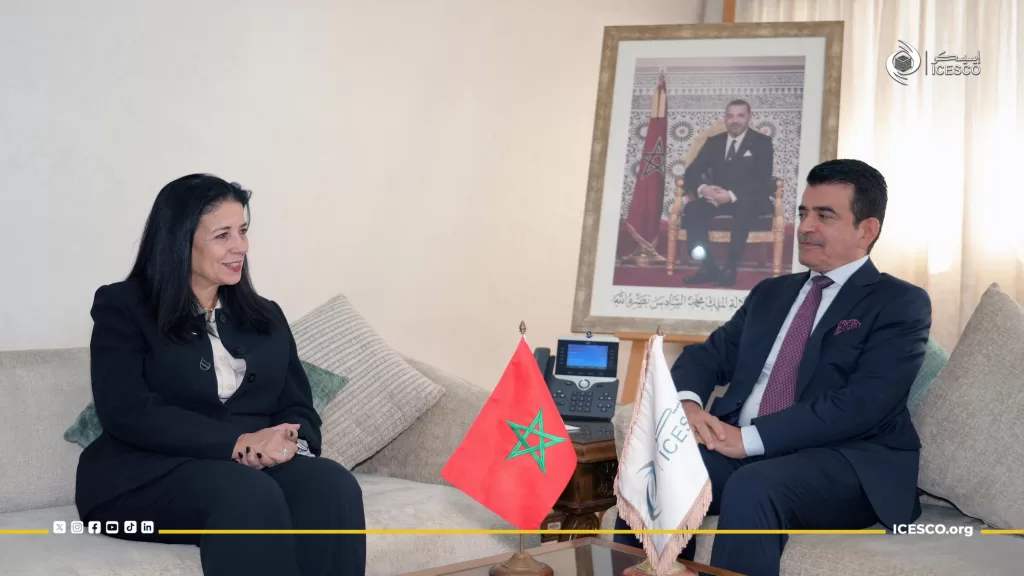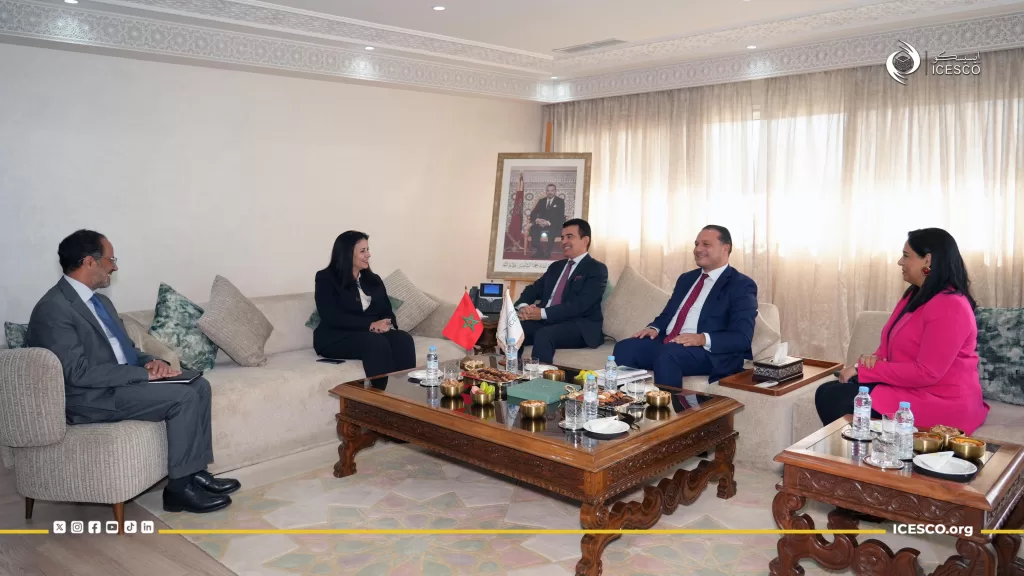Dr. Abdelilah Benarafa, Deputy Director-General of the Islamic World Educational, Scientific and Cultural Organization (ICESCO), received on Wednesday, 12 November 2025, at the Organization’s headquarters in Rabat, Dr. Essam Al-Rubaian, President of the Civil Service Bureau of the State of Kuwait, accompanied by Counselor Saud Almutairi, Chargé d’Affaires at the Embassy of Kuwait in the Kingdom of Morocco.
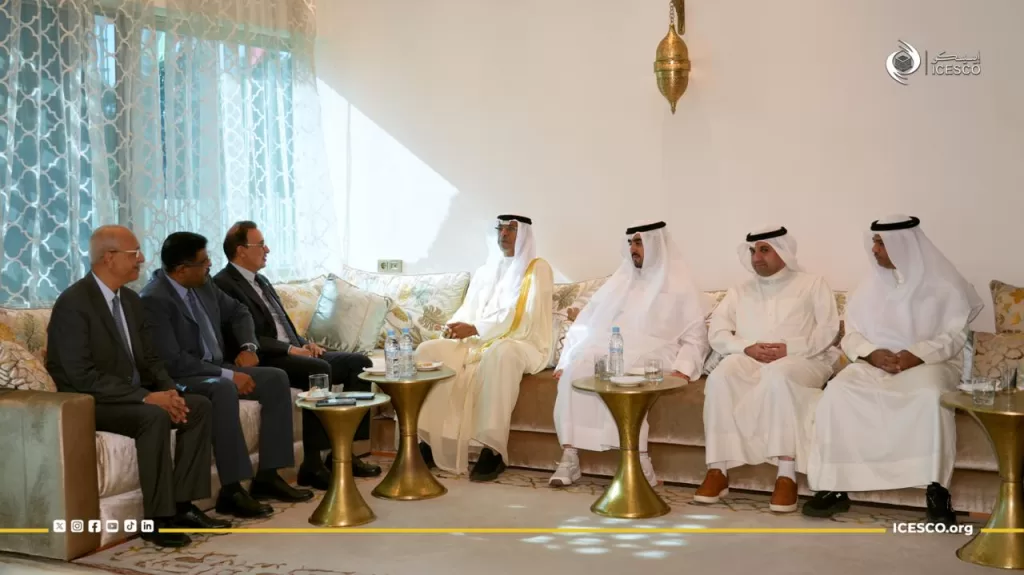
The meeting discussed prospects for enhancing cooperation between ICESCO and the State of Kuwait in the fields of education, science, culture, media, and communication, as well as building practical partnerships that promote the exchange of expertise and jointly prioritized programs.
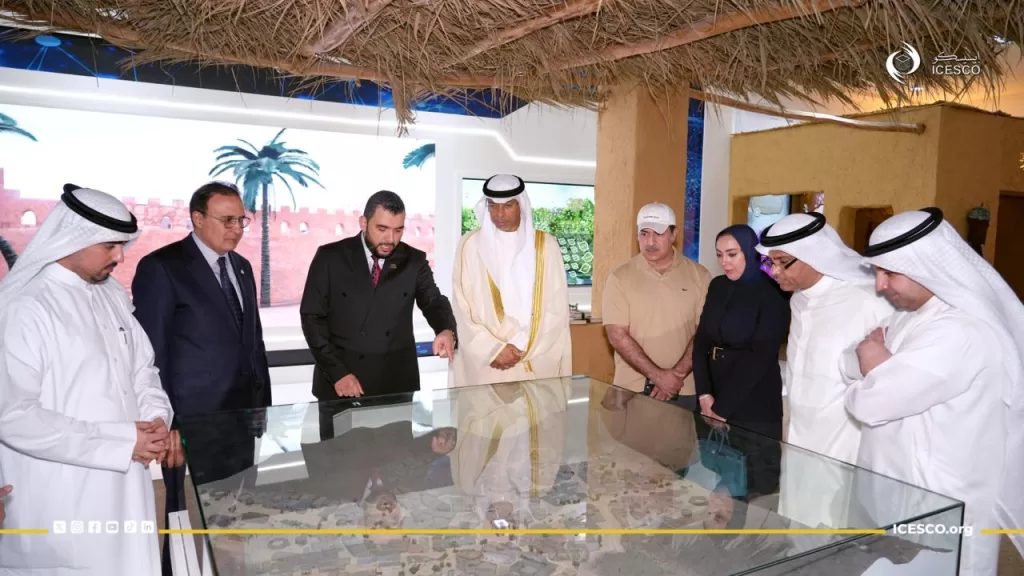
At the outset of the meeting, Dr. Benarafa welcomed the Kuwaiti delegation and reaffirmed the strength and vitality of the ties between ICESCO and Kuwait. He presented an overview of the Organization’s vision and strategic orientations, as well as the programs, projects, and activities it implements for the benefit of its Member States, particularly in advancing educational systems, modernizing curricula, and empowering women and youth and preparing them with the skills needed for future professions.
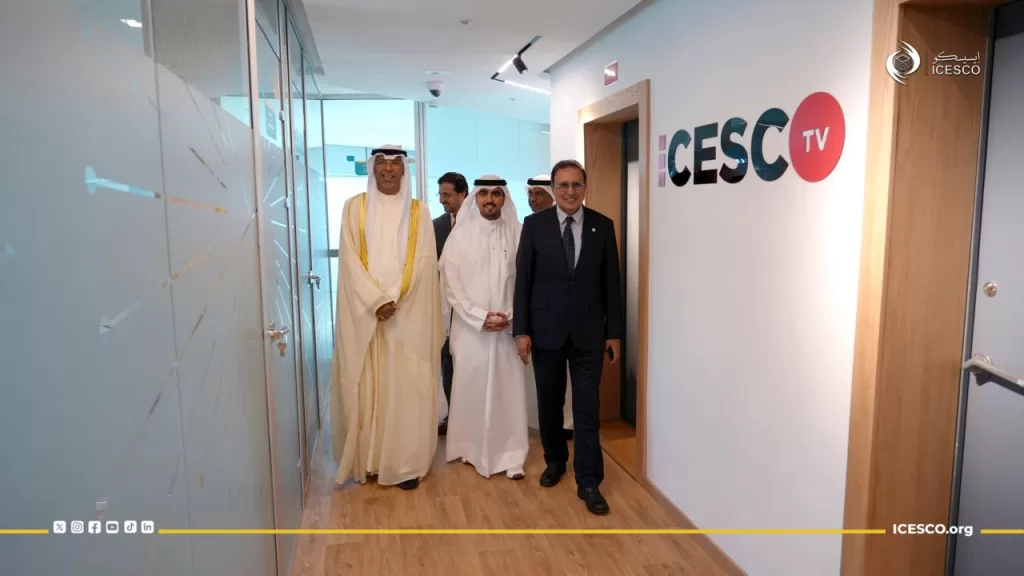
Dr. Benarafa also highlighted ICESCO’s initiatives to promote the values of coexistence, peace, and intercultural dialogue, encourage investment in technology, innovation, and AI applications, foster a culture of foresight, and enhance the global standing of the Arabic language through innovative initiatives and specialized academic and media partnerships.
For his part, Dr. Essam Al-Rubaian commended ICESCO’s leading role in advancing human development and knowledge, and in implementing practical projects that promote a culture of peace. He also praised ICESCO’s institutional progress and the wealth of expertise it has accumulated across its specialized centers and sectors. Dr. Al-Rubaian reaffirmed Kuwait’s commitment to strengthening cooperation with ICESCO through impactful joint programs in capacity building, digital transformation in education, and supporting initiatives that promote the Arabic language.
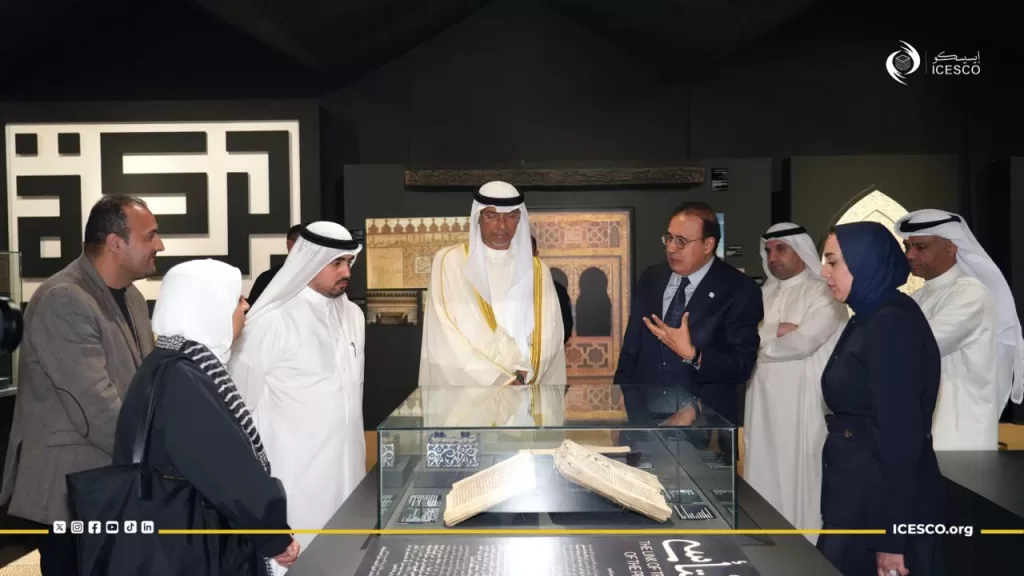
Following the meeting, Dr. Benarafa accompanied the Kuwaiti delegation on a tour of the International Exhibition and Museum of the Prophet’s Seerah and Islamic Civilization housed at ICESCO’s headquarters. The delegation was briefed on the exhibition’s educational and technological pavilions. They also visited ICESCO’s Media and Communication Sector, where they were introduced to its specialized units, including the newly established studio designed to enhance the production of digital content in support of the Organization’s mission.
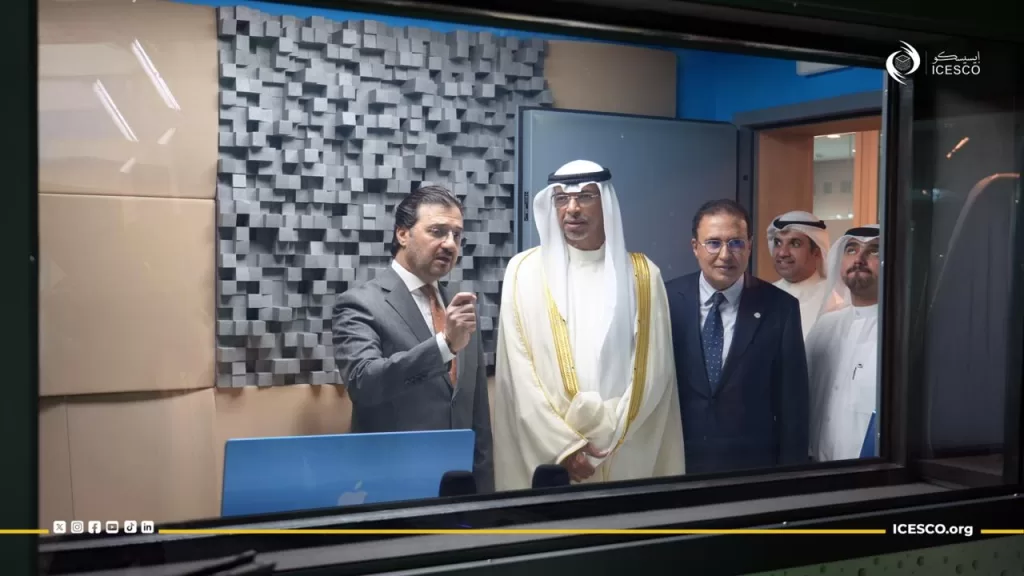
The meeting was attended by Ambassador Khalid Fathalrahman, Head of the Center for Civilizational Dialogue; Dr. Ahmed Said Ould Bah, Advisor to the ICESCO Director-General; Dr. Barakat Al-Wegyan, Director of the Communication Department; and Mr. Mohammad Alahmad, Assistant Undersecretary at Kuwait’s Civil Service Commission.
